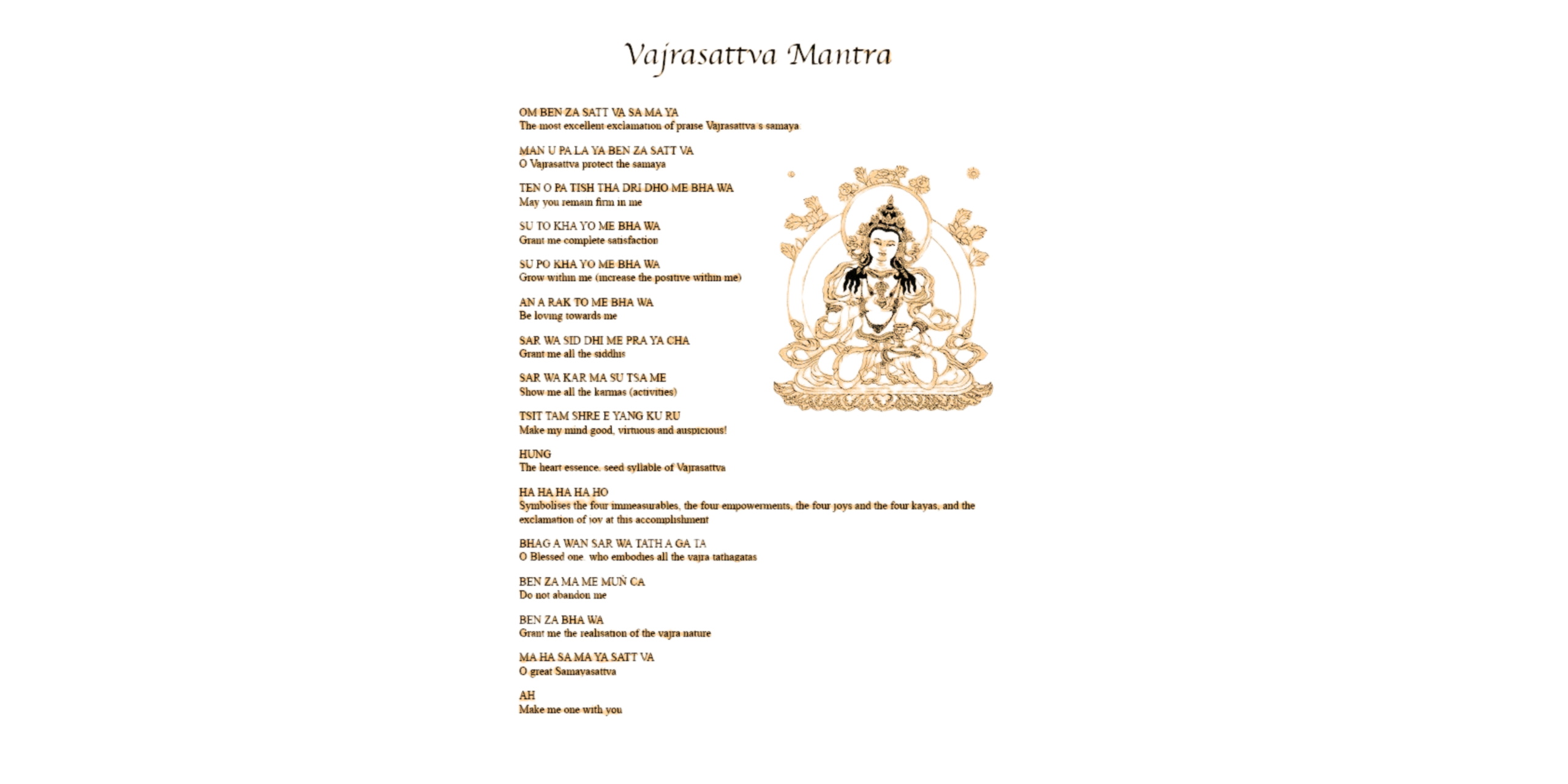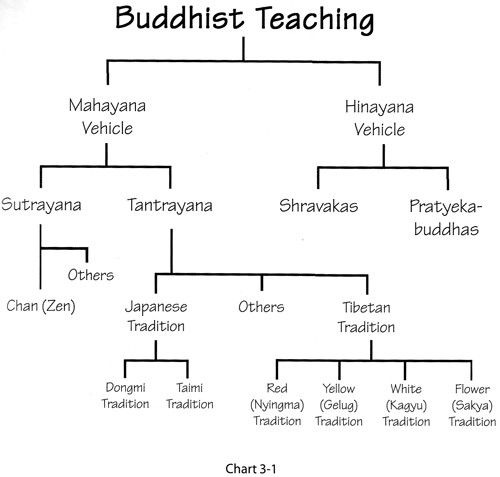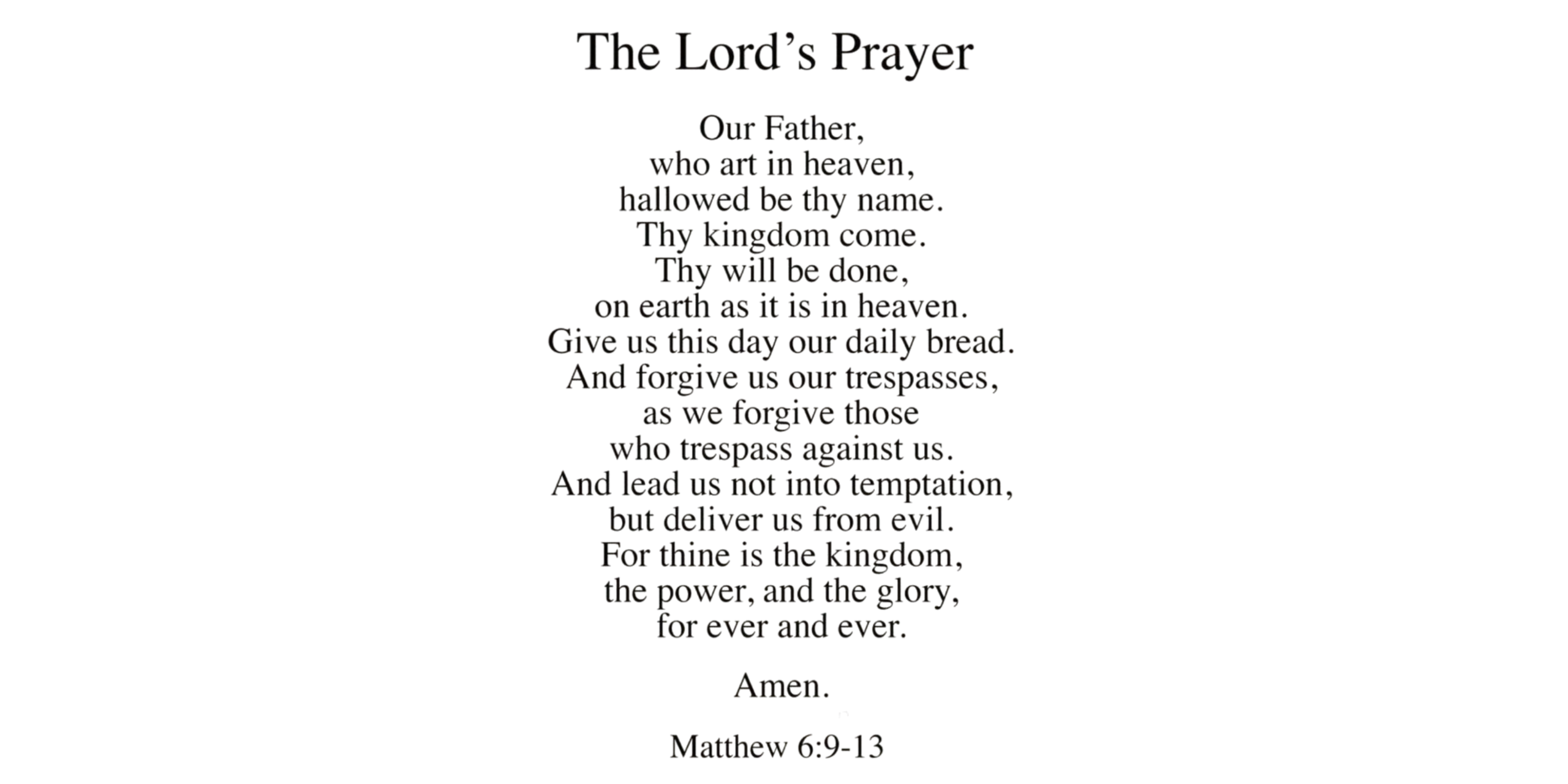Have you ever been forgiven for a mistake you deeply regret? Or felt someone’s unexpected kindness when you were bracing for anger or punishment? Moments like these give us a glimpse into the Law of Mercy. In simple terms, this spiritual principle means that showing compassion and forgiveness invites the same mercy back into our own lives. It’s about breaking the cycle of hurt and retribution with kindness. In this post, we’ll explore what the Law of Mercy is, why it’s a universal idea across many cultures, and how practicing mercy can bring peace and healing to your life.
Understanding the Law of Mercy
The Law of Mercy can be summed up as “If you show mercy to others, mercy will be shown to you.” This idea appears in different forms in wisdom traditions around the world. A classic example comes from the Bible: “Blessed are the merciful, for mercy shall be shown to them.” In essence, life has a way of treating us how we treat others. If we choose kindness, empathy, and leniency, we often find that we are treated more kindly in return. This isn’t a supernatural magic trick, but a reflection of how our behavior influences the world around us. When you’re merciful, you create an environment where forgiveness and understanding are possible, both for others and for yourself.
Mercy goes hand in hand with compassion and forgiveness. It means having the power to punish or avenge, but choosing to pardon or show kindness instead. Think of a parent gently correcting a child’s mistake instead of scolding harshly, or a friend who, despite being hurt, decides to forgive. Mercy is that gentle choice to respond with love rather than anger. It doesn’t mean consequences vanish or that we ignore harm, but it means we approach those situations with humanity and understanding. By doing so, we often soften the outcome. In spiritual terms, many believe that negative consequences (or karma) can be mitigated through acts of mercy and sincere remorse. In everyday terms, showing mercy can defuse conflicts and prevent bitterness from taking root.
It helps to compare mercy to the well-known Golden Rule. The Golden Rule says we should treat others as we wish to be treated. The Law of Mercy is like a specific application of that rule – it tells us to treat others’ mistakes and flaws with the same kindness and forgiveness we would hope for when we inevitably slip up.
After all, nobody is perfect. By recognizing our shared human fallibility, we naturally become more merciful. And by being more merciful, we create a positive cycle: others are more likely to show us grace when we err. This reciprocal nature of mercy is why so many traditions honor it as a cornerstone of a good life.
A Universal Principle Across Spiritual Traditions
One beautiful aspect of the Law of Mercy is that it’s truly universal. Almost every spiritual and religious tradition teaches the value of mercy, compassion, or forgiveness in some form. Mercy isn’t just a niche concept, it’s a guiding principle for humanity at large, showing up in different cultures and belief systems:
- Christianity: Jesus famously taught the importance of mercy and forgiveness. He urged people to “love your enemies” and emphasized forgiveness in teachings like the Lord’s Prayer (“forgive us our trespasses, as we forgive those who trespass against us”). The idea is that divine mercy is given to those who are merciful with others. The Bible even contrasts mercy and judgement by saying “mercy triumphs over judgment”. In Christian thought, while justice might demand “an eye for an eye”, mercy offers a path of grace and redemption instead.
- Islam: Mercy is central in Islam as well. Each chapter of the Quran (except one) begins with the phrase “Bismillah al-Rahman al-Rahim,” meaning “In the name of God, the Most Gracious, the Most Merciful.” Compassion and mercy are considered fundamental attributes of the Divine. A well-known teaching in Islam says that God shows mercy to those who are merciful to others. In everyday life, Muslims are encouraged to practice forgiveness and charity (such as zakat, giving to the needy) as acts of mercy. The ethos is clear: if you want compassion from Allah, extend compassion to His creation.
- Buddhism: While Buddhism doesn’t use the word “mercy” in the same way, it highly values compassion (karuna) for all living beings. The idea of mercy is embedded in the commitment to relieve suffering. For example, a story in Buddhism might tell of a Bodhisattva (an enlightened being) who, out of great compassion, forgives those who harm him and helps even those who might seem “undeserving.” By showing mercy and not responding to injury with anger, one breaks the cycle of suffering (which is akin to breaking the cycle of negative karma). In Buddhist loving-kindness meditations, practitioners cultivate feelings of goodwill and forgiveness towards themselves and others, even difficult people, reflecting the spirit of mercy.
- Hinduism: In Hindu philosophy, especially in devotional paths, divine grace (kripa) is a form of mercy that can burn away karma. Many Hindu stories talk about gods showing mercy to even the most sinful or misled individuals once they genuinely repent or turn towards a righteous path. There is also a strong emphasis on ahimsa (non-violence and non-harm) which is a kind of mercy towards all creatures. Being merciful in Hindu tradition can mean forgiving those who have wronged you and showing compassion to people and animals. Mercy is seen as a virtue (daya, compassion) that one should cultivate to live a righteous life.
- Other Traditions: In Sikhism, compassion and forgiveness are among the highest virtues; Sikhs pray for “sarbat da bhala” (the welfare of all) which is a merciful wish for everyone’s well-being, even one’s adversaries. Judaism often speaks of God’s mercy (Rachamim) and encourages people to be merciful in judgment and action (“Do not oppress the stranger, for you were strangers…” – a call to empathy). Even in secular or philosophical contexts, mercy is esteemed: for instance, ancient Greek philosophy praised mercy as part of magnanimity, and in modern times, human rights ideals urge mercy in justice systems (consider concepts like rehabilitation and clemency instead of only punishment).
The universality of mercy tells us that this law isn’t just a fanciful idea – it taps into something fundamentally human and true. We all know, deep down, the value of a kind heart and a forgiving attitude. Different cultures might have different stories or words for it, but they point to the same truth: being merciful makes the world better, and it enriches your own soul. It creates connection instead of division. It reflects the highest ideals of humanity – to be compassionate even when it’s not required. So when we talk about the Law of Mercy, we’re talking about a principle that resonates whether you consider yourself religious, spiritual, or just a human trying to be good. It’s a bridge between people of various backgrounds, a common ground of kindness.
Mercy vs. Justice: Breaking the Cycle of Karma
Life often confronts us with a choice between justice and mercy. Justice (or the law of karma, in a spiritual sense) is about cause and effect – you do something wrong, and a proportional consequence follows. Mercy, however, introduces a compassionate variable into that equation. It’s like an override button that can soften the outcome of a misdeed through empathy, forgiveness, and love. As one spiritual teacher wisely put it, “Divine Justice can be balanced by Divine Mercy.”
Imagine a situation: Someone at work spoke badly about you, and it got back to you. Justice would tempt you to gossip about them in return or at least confront them angrily. By the strict logic of karma, they “deserve” some backlash. But mercy offers another path – you decide not to retaliate. Maybe you calmly address the hurt or maybe you even let it go after noticing that this person was going through a tough time. By doing so, you break the cycle. The negative energy stops with you instead of being bounced back. Often, this merciful response can even turn the situation around: the person might apologize, or at least the conflict doesn’t escalate. This is mercy in action, overriding the knee-jerk play of cause and effect with compassion.
In our earlier Masi Wellness posts, we discussed the Law of Karma and the Law of Forgiveness. The Law of Karma taught us that every action has a consequence, like a spiritual echo of cause and effect. “What you sow, so shall you reap,” as the saying goes. That can sound intimidating – if you make a mistake, are you doomed to face payback? That’s where the Law of Mercy comes in as a hopeful twist. Mercy means that negative karma can be mitigated or even neutralized by genuine acts of goodness and repentance. In other words, even if you’ve sown some thorns in your garden, you can plant flowers to crowd them out. By learning the lesson from our missteps and choosing to make amends with kindness, we invite mercy to intervene. In the teachings of Master Choa Kok Sui (the founder of modern Pranic Healing), it is said that the Law of Mercy and the Law of Forgiveness can supersede the strict Law of Karma. This means that heartfelt compassion and forgiveness have the power to soften or even cancel out the negative repercussions that would otherwise come our way.
Think of mercy as the great healer in the cycle of karma. Karma deals in debts and credits of our actions; mercy is like a compassionate bankruptcy law that can forgive a debt when circumstances allow. Of course, this doesn’t mean we should intentionally do wrong expecting a free pass. Rather, it means when we and others inevitably err (because humans are imperfect), there’s a path of rehabilitation instead of just retribution. Mercy does not eliminate accountability – it transforms it.
For example, a just outcome might be that someone who hurt you comes to feel remorse (that’s karma teaching a lesson), but mercy would be you accepting their apology and releasing the resentment, so both of you are free to move on. The lesson is learned without prolonging the pain.
It’s also important to note that showing mercy doesn’t mean you become a doormat or enable bad behavior. Sometimes mercy is tough love – like helping someone understand their mistake in a gentle way so they can grow, rather than condemning them. There are cases where holding someone accountable is necessary for the greater good. Even then, mercy can be present in our intent. We can discipline or enforce justice with a merciful heart – aiming to correct and heal, not to satisfy vengeance. For instance, a judge might give a fair sentence but also include a chance for rehabilitation, or a parent might discipline a child but then reassure them with love and forgiveness. Mercy and justice can work together when guided by wisdom.
The Law of Mercy simply reminds us that no one is purely defined by their worst moments, and if we can find it in our hearts to show mercy, we often break a chain of negativity and set something positive into motion.
Practicing Mercy in Daily Life
Knowing about mercy is one thing, but how do we live it day to day? The good news is that opportunities to practice mercy come up all the time – in big situations and small moments. By consciously choosing compassion and understanding in those moments, you gradually make mercy a natural part of your life. Here are some practical ways to cultivate the Law of Mercy in your daily routine:
- Cultivate Empathy
Pause before reacting. Imagine what others might be going through—stress, a bad day, or unseen struggles. Empathy doesn’t excuse poor behavior but helps you respond with understanding. - Forgive Small Offenses
Let go of minor irritations. Not every slight requires a reaction. Forgiving the little things builds resilience for bigger challenges and fosters peace. - Choose Kindness Over Retaliation
When wronged, resist the urge to retaliate. Address issues calmly or let them go, seeking resolution rather than escalation. Kindness disarms conflict. - Help Those in Need
Serve others through generosity, volunteering, or simple acts of support. Alleviating suffering is mercy in action, reinforcing compassion and connection. - Practice Self-Mercy
Forgive yourself. Holding onto guilt helps no one. Treat yourself with the same kindness you’d offer a friend, allowing growth and healing. - Include Mercy in Reflection
Integrate mercy into prayer, meditation, or affirmations. Pray for those who hurt you or repeat mantras like, “I choose compassion over anger.”
Incorporating these practices into daily life turns the concept of mercy from something abstract into a living, breathing habit. Start small and be patient with yourself. There may be days when you don’t feel particularly forgiving or kind – that’s okay. The fact that you intend to practice mercy is already a great step. Over time, like a muscle that grows with exercise, your capacity for mercy will expand.
The Benefits of Embracing Mercy
Mercy isn’t just kindness; it’s healing. When we forgive, we free ourselves from resentment’s toxic grip, easing stress, lowering blood pressure, and restoring emotional balance. Science now confirms what wisdom traditions have always taught: Letting go isn’t weakness – it’s liberation.
But mercy doesn’t stop with us. It transforms others, too. A single act of compassion – whether forgiving a friend or offering a second chance can spark profound change. In relationships, mercy builds trust and resilience, turning conflicts into opportunities for deeper connection.
On a larger scale, mercy reshapes societies. Restorative justice, reconciliation, and nonviolent movements prove that breaking cycles of retaliation creates lasting peace. And spiritually, choosing mercy aligns us with love’s highest purpose – bringing a quiet, enduring fulfillment.
As the old saying goes, “Forgiveness is setting a prisoner free and discovering the prisoner was you.” Mercy heals the giver as much as the receiver, making it not just virtuous but vital.
Conclusion: Embracing Mercy as a Way of Life
The Law of Mercy teaches us that each of us has the capacity to bring light into dark situations. It reminds us that no matter how unjust or harsh the world can be, we can choose to respond with grace. This choice is deeply empowering and healing. Instead of being reactive, chained to tit-for-tat logic, we become proactive agents of compassion.
Embracing mercy as a way of life doesn’t happen overnight. It’s a journey of many small steps and occasional stumbles. There will be times when anger flares up, or when you feel someone “doesn’t deserve” your kindness. In those moments, remember that mercy is less about the other person’s worthiness and more about who you want to be. Do you want to be weighed down by bitterness, or do you want to be free and peaceful? Mercy offers freedom. It doesn’t mean what someone did was okay; it means you refuse to let that pain dictate your life going forward.
As you cultivate mercy, you might notice a fascinating thing: the more mercy you give, the more you seem to receive. People around you may become more helpful, tensions ease, and even you might catch a lucky break or two. Whether one views this as spiritual karma or simply the psychological effect of creating positive environments, it feels almost magical. In a very real sense, what goes around comes around. By sowing mercy, you reap mercy – from others, and from life itself.
Let’s carry the spirit of mercy into our daily interactions. The next time someone snaps at you or life feels unfair, take a deep breath before reacting. Consider responding with patience or a kind word. Notice how it makes you feel. Notice how the situation might shift. These are the moments where mercy moves from an idea into a living force. Little by little, you’ll be building a more compassionate world around you.
In the grand scheme, the Law of Mercy is about healing and transforming. It transforms our wounds into wisdom and our anger into understanding. It heals relationships and hearts. It’s available to everyone, at every moment. All it asks is that we open our hearts and choose compassion when it’s tempting not to.
To conclude, remember that being merciful doesn’t mean you’re weak – it means you’re incredibly strong in love. It’s one of the bravest choices one can make. And in that choice lies the power to change your life and perhaps even inspire change in others. So, as you walk your path of wellness and growth, keep the Law of Mercy in mind. Be merciful, and watch how mercy graces your own life in return.
Ready to bring more peace and compassion into your life?
Begin your journey with us, explore – mindfulness tools, guided meditations, and soulful reflections designed to awaken the healer within you. Start your inner transformation today.
Explore Masi Wellness







